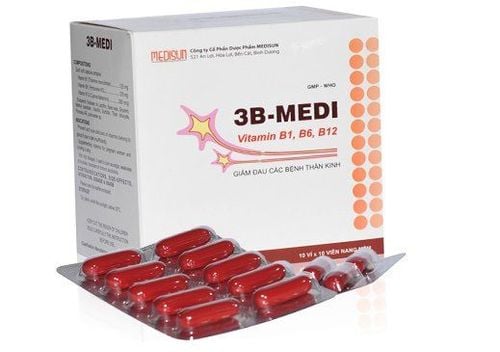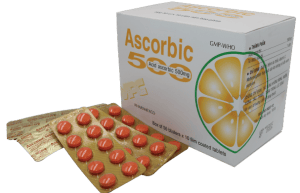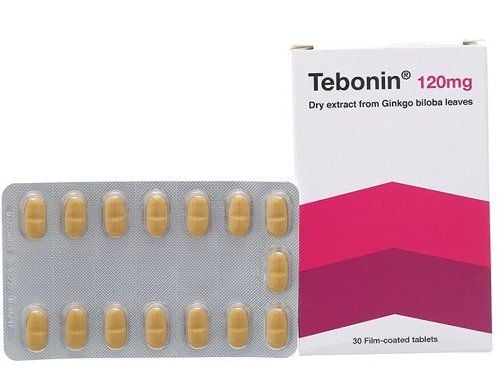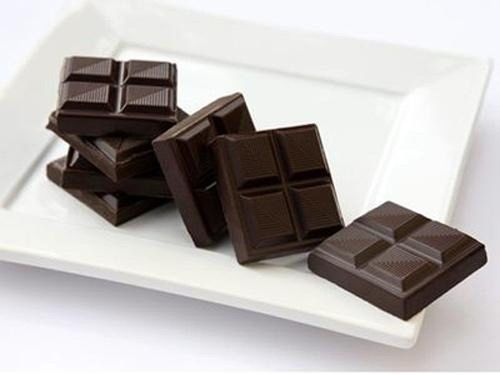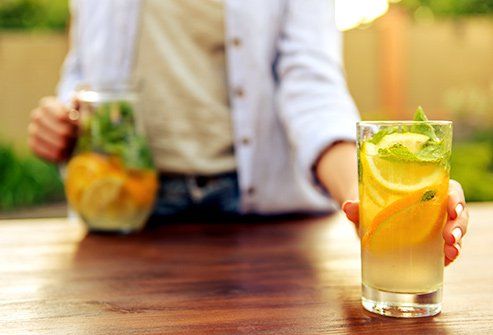This is an automatically translated article.
Eating sweets can make you suffer from metabolic disorders. Stress eating can sabotage your weight loss goals, it's crucial to find ways to relieve stress and not to eat too many sweets.
1. What are the harmful effects of eating sweets?
1.1. Eating sweets can affect your mood You've probably heard of the term "sugar rush" and may have even turned to donuts or soda for an extra boost of energy throughout the day.
However, sugar may not be an active option for me. Recent research indicates that sugary foods do not have a positive effect on mood.
In fact, sugar can have the opposite effect over time. One study found that consuming a diet high in sugar could increase the risk of mood disorders in men and recurrent mood disorders in both men and women. Regular consumption of saturated fats and added sugars is associated with higher feelings of anxiety in adults over 60 years of age.
Although more research is needed to strengthen the relationship between mood and sugar intake, it is important to consider dietary and lifestyle choices.
1.2. Sweets may increase the risk of depression It's hard to avoid reaching for comfort foods, especially after a difficult day. But the cycle of consuming sweets to manage your emotions may just make your feelings of sadness, fatigue, or despair worse.
Many studies have found a link between a diet high in sweets and depression. Excessive consumption of sweets causes an imbalance in certain brain chemicals. This imbalance can lead to depression and may even increase the long-term risk of developing a mental health disorder in some people.
In fact, one study found that men who consumed a high amount of sugar (67 grams or more per day) were 23% more likely to receive a diagnosis of clinical depression within 5 years. . Although the study only involved men, a link between sugar and depression was also found in women.
Sweets inhibited stress-induced cortisol secretion in healthy female participants, minimizing feelings of anxiety and stress. Cortisol is known as the stress hormone. However, sweets that provide temporary relief can make you more dependent on sugar, and increase your risk of obesity and related diseases.
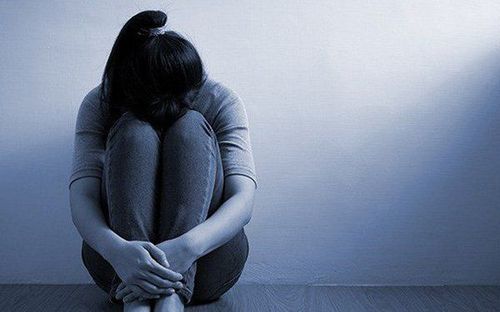
Tiêu thụ quá nhiều đồ ngọt có thể làm tăng nguy cơ mắc bệnh trầm cảm
1.3. Withdrawing from sweets can feel like a panic. Giving up processed sugar may not be as simple as you think. Quitting sugar can actually cause side effects, such as: anxiety, irritability, confusion, fatigue
This has led experts to consider the symptoms of sugar withdrawal can be similar with symptoms of addiction to certain substances. When someone abuses a substance over a period of time, such as cocaine, their body goes into a state of physiological rest when they stop using the substance.
Naidoo says that people who are consuming a lot of sugar in their diet can also experience a feeling of physiological withdrawal if they suddenly stop consuming sugar.
Sudden withdrawal of sugar can feel like a detox and feel like a panic attack. And if you have an anxiety disorder, this withdrawal experience can be uplifting.
2. Can eating too many sweets or not enough sugar cause headaches?
Too much sugar and not enough sugar can both cause headaches. Sugar-related headaches come from rapid changes in your blood sugar. So it's not the sugar itself that causes the headache but the rapid change in consumption. Fluctuations in glucose levels affect your brain more than any other organ.
Sweets cause hormonal changes, especially with epinephrine and norepinephrine. Those changes alter the behavior of blood vessels in the brain, causing headaches.
3. If you are craving sweets, what do you eat to replace and relieve stress?
Just because you're giving up or limiting processed sugar doesn't mean you have to deny yourself the pleasure of sweets. Here are some foods to help you reduce stress
3.1. This vibrant green tea powder is popular with health enthusiasts because it's rich in L-theanine, a non-protein amino acid with powerful stress-relieving properties.
Matcha is a better source of this amino acid than other green teas, as it is made from shade-grown green tea leaves. This process increases its content of certain compounds, including L-theanine.
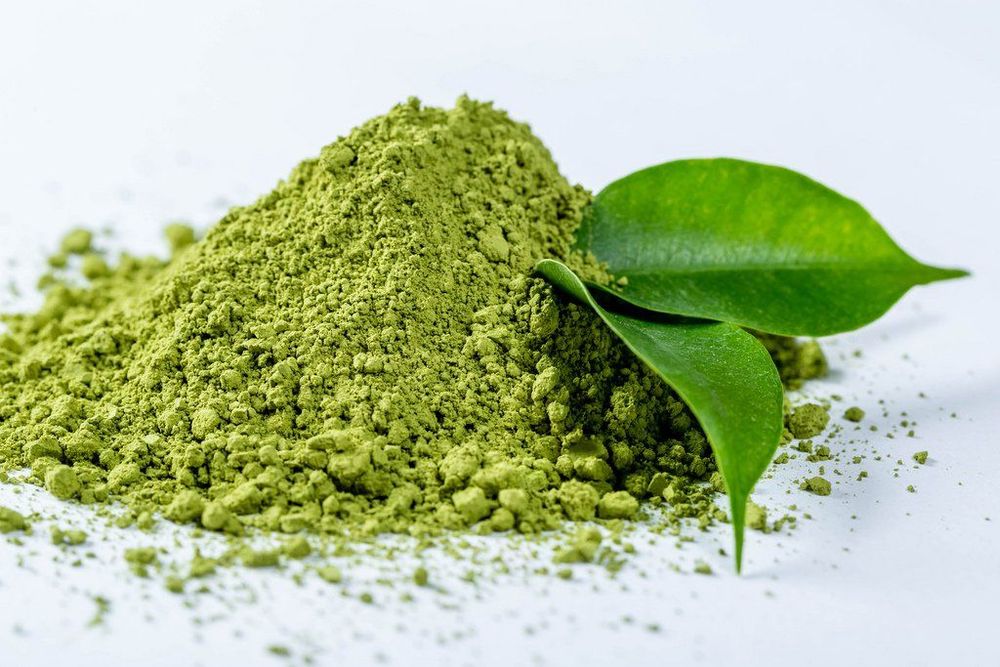
L-theanine trong bột trà xanh được nghiên cứu là có khả năng làm giảm cơn căng thẳng hiệu quả
3.2. Kimchi Kimchi is a fermented vegetable dish usually made from napa cabbage and daikon radish, a type of radish. Fermented foods like kimchi are packed with beneficial bacteria called probiotics and are high in vitamins, minerals, and antioxidants.
Research shows that fermented foods can help reduce stress and anxiety. For example, in a study in young adults, those who ate fermented foods regularly had fewer symptoms of social anxiety.
Many other studies show that probiotic supplements and probiotic-rich foods like kimchi have beneficial effects on mental health. This may be because they interact with your gut bacteria, which directly affects your mood.
3.3. Artichokes Artichokes are an extremely concentrated source of fiber and are especially rich in prebiotics, a type of fiber that feeds the friendly bacteria in your gut.
Plus, one review demonstrated that people who ate 5 grams or more of prebiotics per day had improved symptoms of anxiety and depression, just as a high-quality, prebiotic-rich diet could reduce them. stress risk. Artichokes are also high in potassium, magnesium, and vitamins C and K, all of which are essential for a healthy stress response
3.4. Broccoli Cruciferous vegetables like broccoli are well known for their health benefits. A diet high in cruciferous vegetables may reduce the risk of certain cancers, heart disease, and mental health disorders such as depression.
Cruciferous vegetables like broccoli are some of the most concentrated food sources of nutrients - including magnesium, vitamin C and folate - that have been shown to fight symptoms of depression.
Broccoli is also rich in sulforaphane, a sulfur compound that has neuroprotective properties and may provide calming and anti-depressant effects. Additionally, 1 cup (184 grams) of cooked broccoli contains more than 20% for vitamin B6, a larger amount of which has been linked to a reduced risk of anxiety and depression in women.
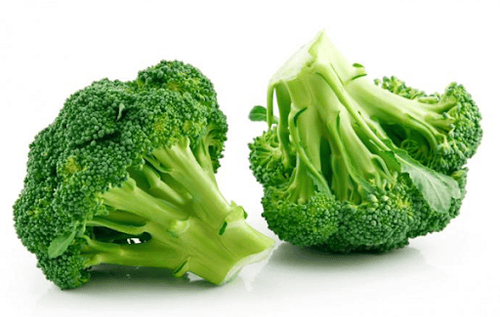
Bông cải xanh chứa nhiều dinh dưỡng tốt cho sức khỏe và giúp ngăn ngừa triệu chứng trầm cảm
4. Foods to Avoid If You Have Anxiety or Depression
4.1. Juice The fiber in whole fruit fills you up and slows down the absorption of energy by the blood. Without that fiber, you're just drinking nutritious sugar water that can quickly euphoria and lower you quickly. That can leave you hungry and angry "hangover." That won't help you with anxiety and depression.
4.2. Regular soda There's no benefit to you here: It contains all the sugar of fruit juice without any nutrients. Sugary drinks like soda are also directly linked to depression. If you have a craving for snacks, try drinking plain water with some juice. It will give you a funky fix without too much stuff you don't need.
4.3. Coffee If you're new to it, the caffeine in it can make you jittery and anxious. It can also disturb your sleep. Does not help anxiety or depression. Caffeine withdrawal can also make you feel bad. If you think it's causing you problems, cut caffeine out of your diet slowly. If you're happy with it or drink decaf, coffee can actually help you feel less depressed.
4.5. Alcohol Even a little can disturb your sleep. Not getting enough rest can increase anxiety and cause depression. That said, the drink can calm your nerves and make you more sociable. That can be good for your mental health. What's important is the dosage: One drink a day for women and two a day for men is the limit.
Please follow the website ( www.vinmec.com ) for more information on health care instructions, which we will update regularly.
Please dial HOTLINE for more information or register for an appointment HERE. Download MyVinmec app to make appointments faster and to manage your bookings easily.




